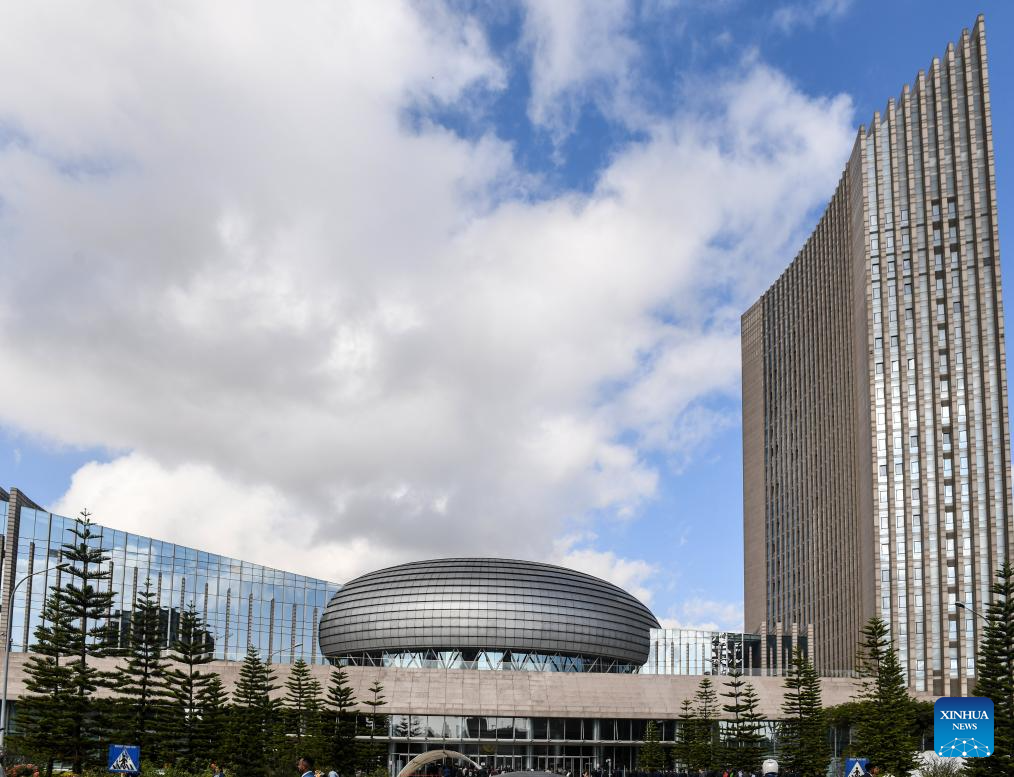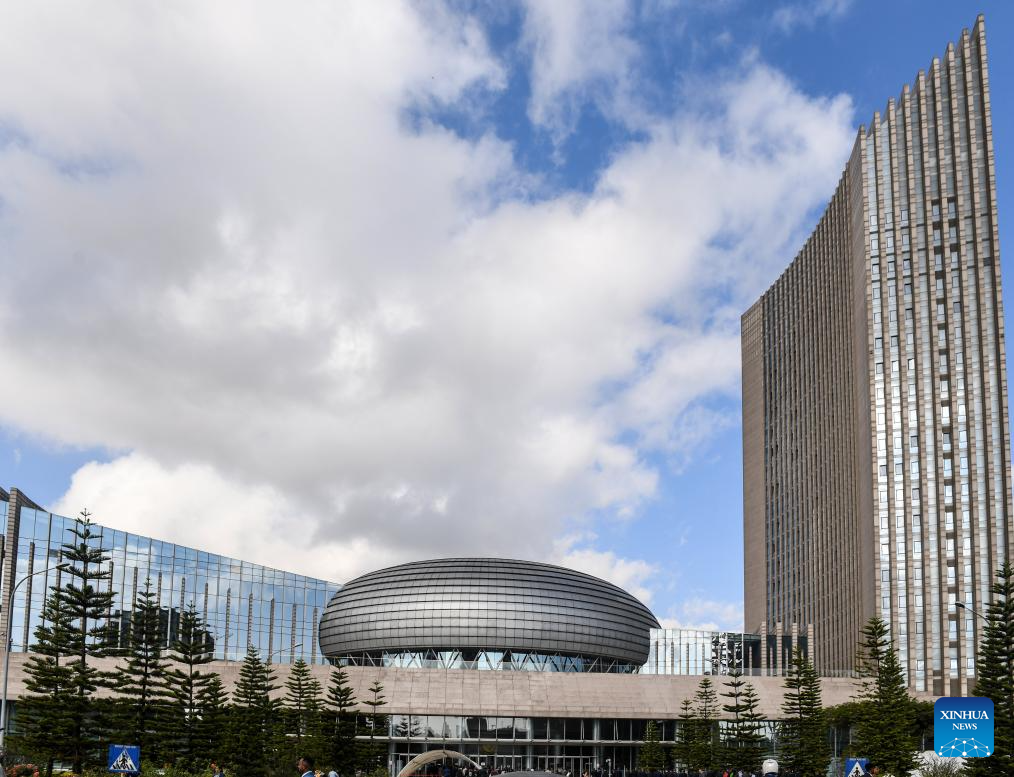
ADDIS ABABA, Feb 18 (NNN-XINHUA) — The 37th Ordinary Session of the African Union (AU) Assembly of the Heads of State and Government opened on Saturday, with a call to increase efforts to improve the state of education in Africa and fast-track the realization of Africa’s development endeavors.
The two-day meeting, comprising African leaders from AU member states, is held under the AU’s theme of the year for 2024, “Educate an African fit for the 21st Century: Building resilient education systems for increased access to inclusive, lifelong, quality and relevant learning in Africa” at the AU headquarters in Addis Ababa, the capital of Ethiopia.
As Africa puts a spotlight on education in 2024, the summit convened on how to enhance education and skills to meet the continental vision and market needs, and further deliberated on the progress, challenges and prospects of Africa’s overall development.
Addressing the opening session, Azali Assoumani, president of the Comoros and chairperson of the AU, highlighted the crucial need for increased efforts to promote continental stability and development.
“With particular interest in the promotion and preservation of peace and security on our dear continent, this shared security concern has guided all our activities during our term. The peacefulness of our continent remains the very basis of realizing our vision by 2063 for a united and prosperous Africa,” Assoumani said.
Chairperson of the AU Commission Moussa Faki Mahamat echoed the sentiment, as he underscored the need for AU member states to collectively tackle incessant challenges that are jeopardizing Africa’s development aspirations.
“Our main challenges have not diminished in importance. Peace, political and institutional instability, climate change, deficits in economic governance, poverty, marginalization of women and youths in development and leadership processes in our political and social system, remain our main sources of concern,” Faki said.
The AU commission chief, however, said despite challenges, the African continent has made progress in various sectors, including continental integration, and boosting the African common position on the global arena, among others.
Ethiopian Prime Minister Abiy Ahmed, on his part, underscored the need to realize strong regional and continental platforms, where national development challenges from geographical, logistics and security perspectives are taken into account.
He further called for advancing Africa’s socio-economic and infrastructure integration to fast-track the realization of key development ambitions.
“Increasing infrastructure connectivity between our countries, by building roads, airports, and ports, rail networks, pipelines, and communication networks, will link communities, increase trade, and enable economic integration,” Ahmed said.
As part of the two-day summit, African leaders are expected to deliberate on continental issues, ranging from regional peace and security to continental development, the reform of the AU, and Africa’s increased presence on the international stage, as well as boosting the continent’s socio-economic and infrastructure integration. — NNN-XINHUA






